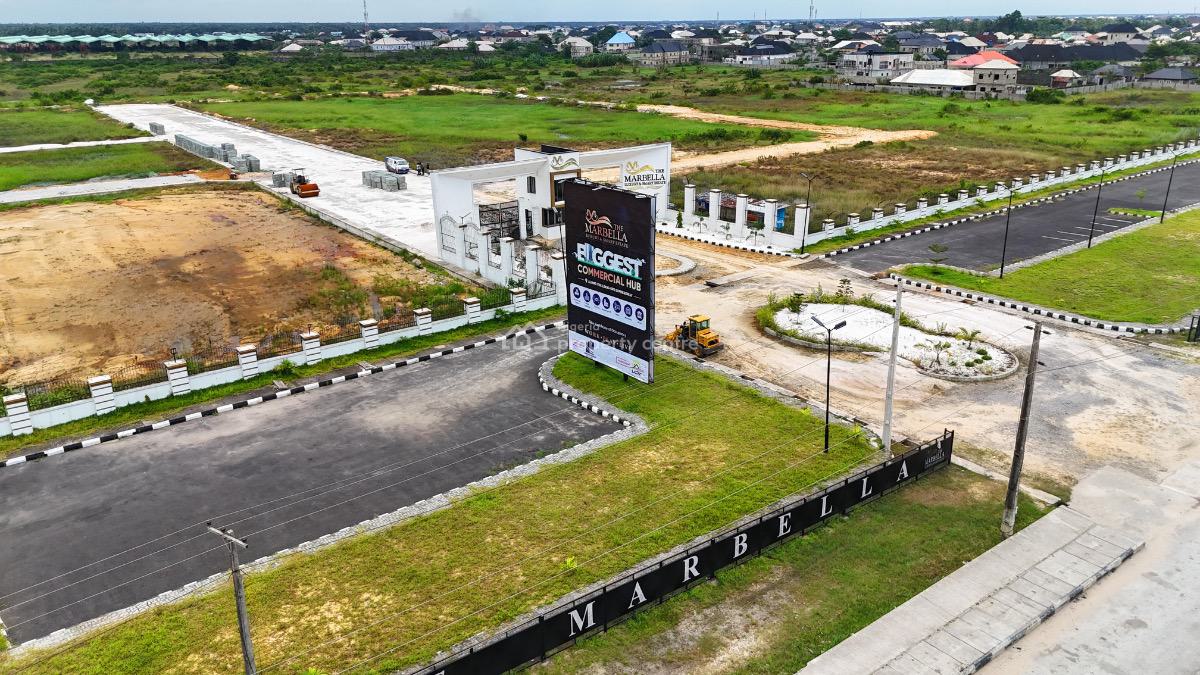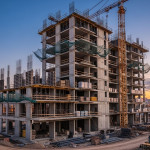
Buying land is one of the biggest financial decisions most people will ever make. It’s exciting—you imagine building your dream home, setting up a business, or simply holding it as an investment for the future. But here’s the truth: land purchases can also be tricky, and a single mistake could cost you millions.
Before you sign any documents or hand over money, here are the key factors you need to consider.
1. Location, Location, Location
The old saying is true—location is everything when it comes to real estate. Where the land is situated determines its value today and in the future.
Is the land close to schools, hospitals, markets, or your workplace?
Is there good road access, or will you need a canoe every rainy season?
Are there plans for development in that area—new roads, estates, or industries?
Land in an up-and-coming area may be more valuable in the long run than land in a fully developed location that has already peaked in value.
2. Legal Documentation
This is the part where many buyers get into trouble. No matter how sweet the deal sounds, never pay for land without confirming the documents. At the very least, you should ask for:
A valid title deed – proving ownership.
A survey plan – showing the exact boundaries.
Certificate of Occupancy (C of O) or governor’s consent – confirming government approval.
If you’re not sure about the papers, involve a lawyer or a trusted real estate professional. It’s better to spend a little money on verification than lose everything to fraud.
3. Purpose of Purchase
Why are you buying this land? For residential use, farming, business, or just as an investment? Your purpose should guide your decision.
Residential land should be in a peaceful, secure neighborhood with access to schools and markets.
Commercial land needs visibility, road access, and proximity to customers.
Agricultural land should have fertile soil and access to water.
Buying land without a clear purpose is like buying shoes without knowing where you’ll wear them—it often leads to regret.
4. Accessibility & Infrastructure
You don’t want to buy land that looks affordable now but costs you millions in future just to make it usable. Check:
Are there good access roads?
Is there electricity supply nearby?
Can you access water, or will you spend extra drilling a borehole?
How far is it from town or the nearest market?
Basic infrastructure is one of the biggest factors that influence land appreciation.
5. Land Topography & Soil Quality
Not all land is the same. Before you buy, take a good look at the physical nature of the land.
Is it flat or sloped?
Does it flood during rainy season?
If it’s farmland, is the soil fertile?
If it’s for building, how much will it cost to lay a solid foundation?
Sometimes a “cheap” plot ends up being the most expensive when you factor in reclamation or foundation costs.
6. Neighborhood & Security
No one wants to live or invest in an unsafe environment. Ask questions about the community:
Is the neighborhood peaceful?
Are there issues with land grabbers or “omo onile” (land touts)?
Are there police stations, security patrols, or estates with private security?
Also, check for future developments—an industrial project nearby might boost land value, but it could also make the area noisy or uncomfortable to live in.
7. Cost & Hidden Fees
The purchase price is just the beginning. Many first-time buyers forget about the extra costs that come with buying land, such as:
Survey fees
Legal and registration charges
Agency commissions
Community development levies (common in some areas)
Always budget beyond the asking price so you’re not caught off guard.
8. Government Regulations & Zoning
Not all land is meant for every purpose. Some land is reserved for industrial use, some for agriculture, and some for residential estates. Buying without checking zoning laws could mean you can’t use the land the way you want.
Also, watch out for lands under government acquisition. If the government needs that land for a project, you’ll lose your money no matter how long you’ve been there. Always confirm from the land registry
Conclusion
Buying land is not just about finding the cheapest deal—it’s about buying smart. Before committing your money, take the time to check the location, documents, purpose, accessibility, soil condition, and security. Don’t forget the hidden costs, and always confirm that the land is free from government acquisition.
Remember: land is wealth, but only if you buy it right. Do your due diligence, ask questions, and when in doubt, consult professionals. That way, your investment will remain safe and rewarding for years to come.
Related posts:
It usually starts as a simple question, the kind people ask casually but think about deeply. Do you buy a car to make life easier now, or land to secure something bigger for the future? Both feel important. Both cost...
At some point in the home-buying journey, almost everyone faces the same quiet dilemma. Do you choose the order and structure of an estate, or the freedom and independence of a standalone house On the surface, the decision looks simple....


 Land or Car: Which One Should You Buy First?
Land or Car: Which One Should You Buy First?
 Living In An Estate vs Standalone Houses: Which One Is Actually Better?
Living In An Estate vs Standalone Houses: Which One Is Actually Better?
 Why Many People Start Building and Never Finish
Why Many People Start Building and Never Finish
 Should You Buy a Home or Build One? A Complete Guide to Making the Right Decision
Should You Buy a Home or Build One? A Complete Guide to Making the Right Decision
 The Best Places to Live in Lagos
The Best Places to Live in Lagos